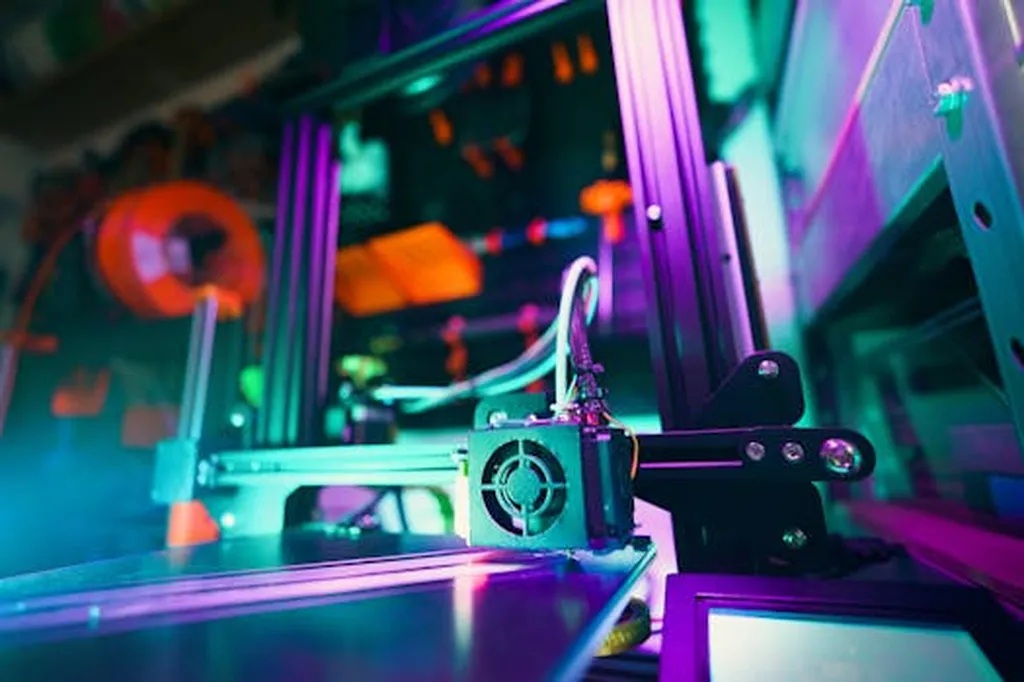In the rapidly evolving world of robotics, a new comprehensive review published in the *Journal of Sensor and Actuator Networks* (translated to English as the *Journal of Sensor and Actuator Networks*) offers a deep dive into the current trends, challenges, and future directions of robotics research and education. Led by Mutaz Ryalat of the Mechatronics Engineering Department at the German Jordanian University in Amman, this study explores how robotics is transforming industries, including the energy sector, and reshaping educational approaches to prepare the next generation of innovators.
Robotics has come a long way from its early days of simple automation. Today, it stands at the intersection of engineering, computer science, and cognitive sciences, driving advancements in artificial intelligence (AI), soft robotics, the Internet of Things (IoT), and swarm intelligence. These technologies are not just theoretical; they are already making waves in real-world applications, from healthcare to manufacturing and agriculture, and even in the development of sustainable smart cities.
One of the most compelling aspects of this review is its focus on robotics education. As Ryalat explains, “Hands-on, interdisciplinary learning is reshaping curricula from K–12 to postgraduate levels.” This shift is crucial for developing both technical and creative competencies. The study highlights various instructional models, including project-based learning, laboratory work, capstone design courses, and robotics competitions, all of which are proving effective in fostering innovation and systems thinking.
The review also delves into the role of widely adopted platforms like the Robot Operating System (ROS), discussing their educational value and real-world alignment. By examining case studies and institutional insights, the paper underscores the vital role of robotics education in preparing a workforce ready to tackle the challenges of Industry 4.0.
For the energy sector, the implications are significant. Robotics and AI are poised to revolutionize energy production, distribution, and management. Autonomous systems can enhance safety and efficiency in hazardous environments, while IoT-enabled devices can optimize energy consumption and reduce waste. Swarm intelligence, for instance, could lead to more efficient and resilient energy grids.
However, the journey is not without its challenges. The review identifies key obstacles, including the need for more interdisciplinary collaboration, better integration of theoretical and practical knowledge, and the development of standardized educational frameworks. As Ryalat notes, “Advancing robotics as both technological and educational frontiers requires a concerted effort from researchers, educators, industry stakeholders, and policymakers.”
This comprehensive review serves as a roadmap for the future of robotics, offering valuable insights for anyone invested in the field. As the energy sector continues to evolve, the integration of robotics and AI will be crucial in driving innovation and sustainability. The study published in the *Journal of Sensor and Actuator Networks* provides a timely and thought-provoking analysis, setting the stage for the next wave of advancements in robotics research and education.

